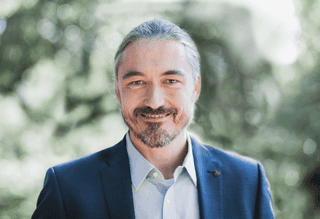- Why anxiety is not an emotion but a physical signal
- Why coping skills won't work with a dysregulated nervous system
- What grief has to do with becoming an emotional adult
Conference Day 1
Explore how anxiety can show up and the wisdom it can bring
"Understanding anxiety"
- Why anxiety is not always a negative emotion
- What we've misunderstood about the stages of grief
- How to calm your nervous system and begin to work with your anxiety
- Why evolution doesn't work in favor of happiness
- How mindfulness helps us work with anxiety not against it
- What the relationship is between self-esteem and anxiety
- The 4 attachment styles
- How to create a secure attachment
- Practical steps for creating deeper connection in your relationships
- How to spot brain chemistry imbalances
- The role of genetic testing
- Understanding a leaky brain
- Understanding what anxiety is and normalizing it
- Symptoms of anxiety and when it shows up
- Practical coping skills for anxiety and panic attacks
- Biological anxiety vs mental anxiety
- How survival stress is created
- How to bring balance to your nervous system
- How disconnection from our deepest nature causes anxiety
- The importance of connecting to our body and immediate experience
- How to inquire into anxiety to discover the treasures beneath
Bonus Sessions
- A guided restorative yoga session
- You will need a table, chair and some blankets or cushions
- Best practiced in a quiet environment
- Running time 4 minutes
- Best listened to in a quiet environment
- Includes images, music and voice
- Recognising what anxiety feels like
- Identifying our inner critic
- Foundation for healing
Conference Day 2
Calm your anxiety with research based tools, treatment and methodologies
"Calming anxiety through practice"
- How to seek peace rather than avoiding symptoms
- Why it is important to practice coping skills before crisis
- How to create and collect sovereign moments
- What genetics have to do with anxiety and OCD
- How to differentiate between a "signal" and a "noise"
- Why discomfort and our need for control are at the core of OCD
- Undoing mental health stigma
- How to choose the right coping strategy for you
- How to use journaling for your anxiety
- Why sensory-based methods are effective self-help approaches
- The three basic practices anyone can begin to reduce anxiety today
- How to cultivate co-regulation experiences
- Why sleep hygiene techniques are not enough
- The importance of learning to regulate our nervous system
- Simple practices to support better sleep
- The power of therapeutic yoga
- The impact of vagus nerve stimulation
- Why working with the breath is so important
- Anxiety as bio-psycho-social
- The different ways anxiety can manifest
- Using DBT skills to manage anxiety
- What shadows are and why we reject parts of ourselves
- The importance of humour and gentleness in healing
- How to recruit our rejected parts to become our greatest champions
- How clinging to certainty keeps us stuck
- The impact of the stories we tell ourselves
- How to create a new identity for ourselves and our lives
- Why being in nature helps with anxiety
- Finding nature wherever you are
- Nature meditation exercises to calm the mind
- The power of tapping for healing
- How working with our body's energy impacts our emotional and mental health
- Simple tapping routines for transforming your anxiety now
- Why co-regulation and self-regulation are both important
- Practical exercises for self-regulation
- Why trusting the wisdom of our body is so important
Bonus Sessions
- A guided Qigong session
- Please ensure you have enough space around you
- Best practiced in a quiet environment
- Running time 14 minutes
- Best listened to in a quiet environment
- Includes images, music and voice
- The first step in overcoming anxiety
- Exploring the biological process behind anxiety
- How to break the cycle
Conference Day 3
Learn to listen to your body and calm its responses
"Anxiety and the body"
- How physiology determines psychology
- Why anxiety is related to survival
- How to treat and recover from anxiety symptoms
- Why self-compassion is the key to anxiety recovery
- Why diagnosis is an important part of developing anxiety support systems
- How to identify and manage the roadblocks to recovery
- Learning to focus on feelings and sensations rather than thoughts
- How to find calm in your body when your mind is anxious
- How to hold space for someone anxious without trying to "fix" them
- What inquiry is and how it works
- How anxiety can be used as a portal
- The power of changing our relationship with anxiety
- How childhood experiences set up our biology
- The importance of healing on multiple levels
- Simple principles to start with healing now
- The fundamentals of energy medicine
- Why QiGong is much more than just movement
- A simple practice for releasing trapped energy
- How to reintegrate our mind body spirit energy
- Why the body offers solutions our mind cannot
- How to apply The Energy codes for well-being
- The power of anxiety for positivity
- Why working with the breath is at the heart of healing
- Guided exercise for working with your breath
- Understanding Qi Gong and internal martial arts
- How these practices can ease anxiety in the longterm
- Practical exercises for managing anxiety flair ups and panic attacks
- Why our body is so important for calming anxiety
- Simple practices to support embodiment
- How to get started with an embodiment practice
- What anxiety is in the body
- The power of working with the breath
- Simple exercise for calming anxiety responses
Bonus Sessions
- A guided mindful movement session
- Please ensure you have enough space around you
- Best practiced in a quiet environment
- Running time 12 minutes
- Best listened to in a quiet environment
- Includes images, music and voice
- Building our anxiety toolkit
- Key principles for calming the nervous system
- How to reset anxiety responses
Conference Day 4
The role of your brain body connection, including hormones, nutrition and nervous system health
"Functional medicine"
- What are the main body systems at the root of anxiety
- How digestive health, inflammation and family trauma factor in
- Why homeopathic treatments work to heal anxiety
- How the brain, gut and nervous system are connected
- Psychedelic assisted therapy as a healing modality for anxiety
- How rituals facilitate transformative experiences
- How our environment impacts our anxiety level
- Why stress has an impact on our anxiety through digestion
- How to test for autoimmune and gut issues related to anxiety
- The relationship between the microbiome and anxiety
- How inflammation leads to poor decision making
- The critical role of optimum nutrition for healing
- Why genetics and epigenetics are so important in understanding anxiety
- The principle of biological embedding
- Basic lifestyle changes that can change your biological age in just 8 weeks
- How hormonal imbalances are tied to anxiety
- How is our skin connected to anxiety
- How to address anxiety for better sleep, skin and hormones
- How to identify intrusive thoughts
- The importance of addressing low GABA and low serotonin
- How to identify and work with pyroluria and hormones imbalances
Bonus Sessions
- A guided yoga session
- You may need a cushion and/ or a chair
- Best practiced in a quiet environment
- Running time 13 minutes
- Best listened to in a quiet environment
- Includes images, music and voice
- Exploring the helper pattern
- What effect this pattern has on us
- Looking at guilt from past behaviour
Conference Day 5
Calm your anxiety with research based tools, treatment and methodologies
"Calming anxiety through practice (Day 2)"
- Learning to focus on feelings and sensations rather than thoughts
- How to find calm in your body when your mind is anxious
- How to hold space for someone anxious without trying to "fix" them
- Why attachment theory describes a rise in anxiety
- How to find safety and security within ourselves
- How to identify and listen for our own needs
- How stress relates to anxiety and many psychological disorders
- Why anxiety can be useful to our performance when discharged
- How stress impacts our brains and bodies
- Why anxiety is a common result of toxic relationships
- How to move out of anxiety and panic to feel safety
- How to thrive using self-partnering techniques
- Why our brains use anxiety to gain comfort certainty or control
- How to name your worry part to manage stress and anxiety
- Why avoiding anxiety inducing situations will not help
- How anxiety is a body experience, not just in our mind
- The importance of building a gentle approach to our healing
- How anxiety can be a gateway for inner transformation
- The 3 Ayurveda types
- How anxiety can be a gift
- How to identify what you need when experiencing anxiety
- How we can learn to let go of emotions
- Guided practice of fundamentals of The Sedona Method
- How to connect to our true nature
Bonus Sessions
- A guided restorative yoga session
- You will need a mat, some blankets, access to a chair or bolster and an eye pillow
- Best practiced in a quiet environment
- Running time 20 minutes
- Best listened to in a quiet environment
- Includes images, music and voice
- What happens when we put methods in place
- Working on recovery
- Making our recovery work for us
Conference Day 6
Explore how anxiety can show up in large global issues such as climate change, natural disasters, global health crises, inequality and war
"Anxiety in the world"
- The impact of climate change on mental health
- How to manage eco-anxiety and distress
- Practical tips for coping during this climate crisis
- Why anxiety is a common response to privilege awareness
- How to overcome privilege paralysis in social justice work
- Moving from guilt to gratitude and defensiveness to curiosity
- What existential anxiety is
- How to support a teenager or loved one asking life's big questions
- How to meet and be with the questions as they arise without dismissing or needing to answer them
- How our anxiety shows up at work
- The unique challenges of leadership anxiety
- Tips for managing anxiety from hybrid work, online meetings, and overwhelming world events
- Understanding the anxiety around talking about race
- How anxiety about judgments impacts our capacity to be antiracist
- How anxiety about causing harm gets in the way of being antiracist
- How anxiety is a state not a feeling
- The ways anxiety shows up in relationship
- Practical tools for creating deeper connection and intimacy
- Managing anxiety in the workplace around identity and belonging
- Navigating disability in the workplace
- How making accomodations increases wellbeing and productivity
- How to navigate divisive topics with loved ones, co-workers and strangers
- How to advocate for oneself or another without entering into conflict
- Understanding how, why and when to speak up
- How anxiety is different from worry, stress and nerves
- How to approach mental health education depending on age
- How mental health impacts a child's ability to learn and grow
Bonus Sessions
- A guided Qigong session
- Please ensure you have enough space around you
- Best practiced in a quiet environment
- Running time 12 minutes
- Best listened to in a quiet environment
- Includes images, music and voice
- Exploring our inner critic
- Letting ourselves have fun
- Reclaiming our sense of joy
Conference Day 7
Explore how anxiety plays a role in your ability to identify and heal from trauma
"Anxiety and trauma"
- Why mindfulness can be challenging for those with trauma / suffering from anxiety
- The benefits of mindfulness for working with trauma and anxiety
- How to adapt your meditation practice to be trauma sensitive
- What "mother hunger" is and how it relates to anxiety
- How nurturance plays a vital role in attachment
- Why pathological hope fuels anxiety
- How Nature helps heal trauma
- The connection between trauma and anxiety
- Somatic practices in Nature
- What resonance is and how it helps anxiety
- The connection between trauma and anxiety
- Practical skills for managing anxiety, on your own or with others
- How chronic unpredictable stress impacts our immune system
- The tie between brain immune system responses and mental health
- Narrative practices based in science to re-program your brain's messages
- Why safety is so important to our nervous system
- The conditions that invite a feeling of safety
- Practical steps for bringing more safety into your life
- Why anxiety is a coping defense for overwhelming feelings
- How to use the Change Triangle to slow down and feel our emotions
- Why you can't think your way to managing your anxiety
- How ancestral trauma affects anxiety
- Why collective healing is so important
- How to begin healing journey
Bonus Sessions
- A guided yoga session
- You will need a chair. You may also wish to use a cushion
- Best practiced in a quiet environment
- Running time 11 minutes
- Best listened to in a quiet environment
- Includes images, music and voice
- Reflecting on the power of the therapeutic process
- Creating change for ourselves
- The power of showing up
Meet Your Hosts
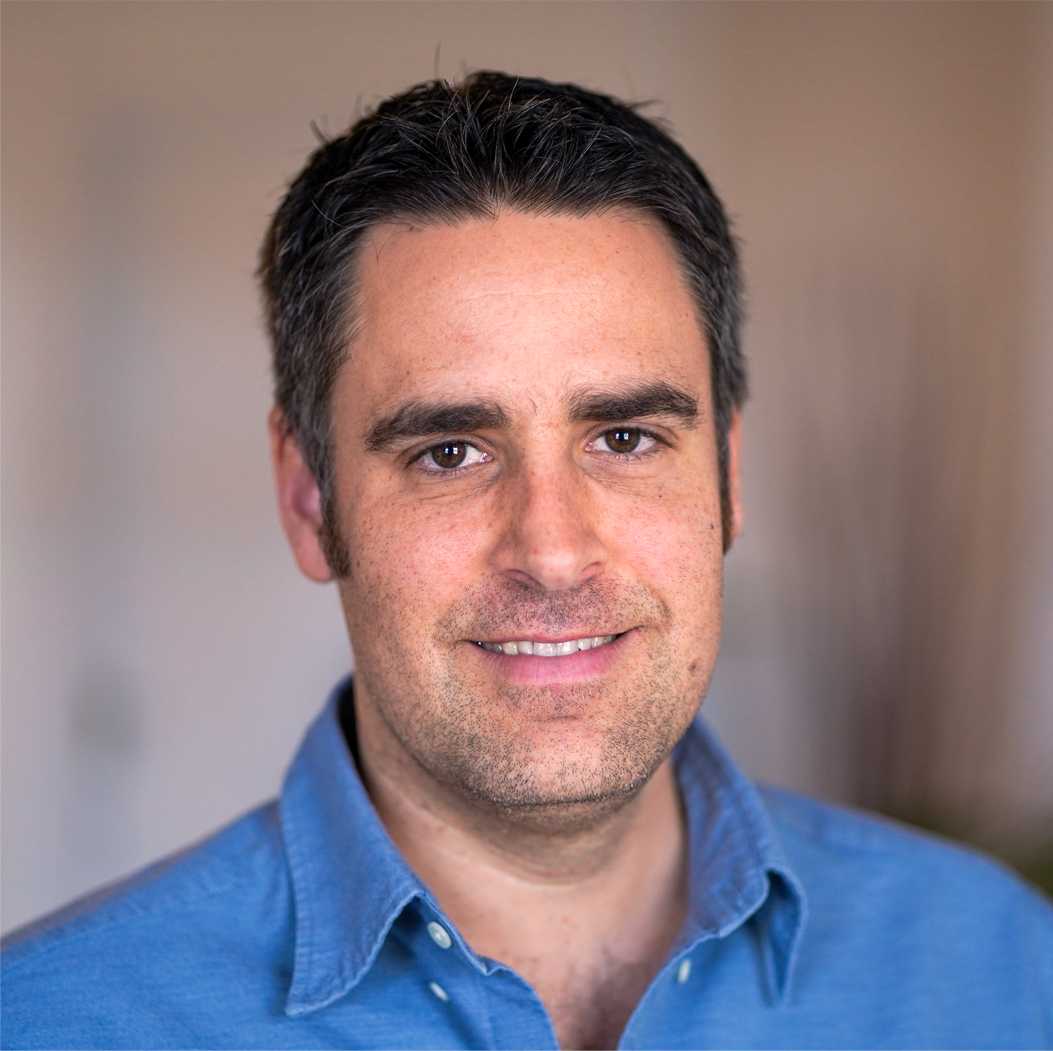
Alex Howard
Alex Howard is the Founder of Conscious Life. He is also Chairman of The Optimum Health Clinic, one of the world’s leading integrative medicine clinics. With a team of 25 full time practitioners supporting thousands of patients in 50+ countries.
Alex is an immensely experienced psychology practitioner, having delivered more than 10,000 consultations. He has also led the Therapeutic Coaching practitioner programme since 2005, training the next generation of psychology practitioners. Since March 2020, Alex has been documenting his therapeutic work with real life patients via his In Therapy with Alex Howard YouTube series.
Alex has published research in the British Medical Journal Open and Psychology and Health. His books, Why me? My Journey from ME to Health and Happiness, and Decode Your Fatigue: A clinically proven 12-step plan to increase your energy, heal your body and transform your life, are published by Hay House.
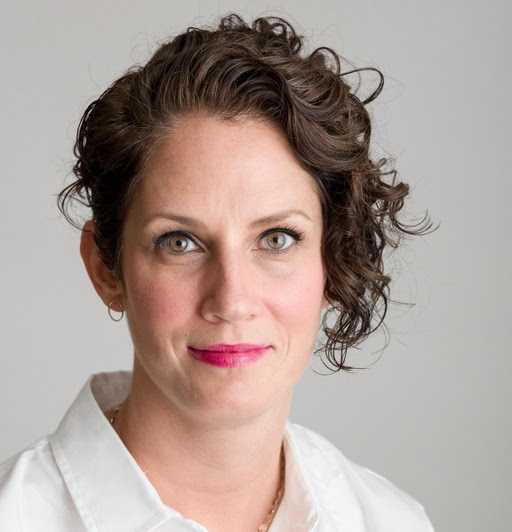
Meagen Gibson
Meagen Gibson is the CEO of Conscious Life. Her career includes award-winning journalist, educator and entrepreneur. Meagen’s enthusiasm and energy for personal development led her to take the leadership role at Conscious Life.
Meagen is passionate about taking complex concepts and distilling them down to simple, accessible applications we can use to take action in our everyday lives.
Meagen is an experienced teacher, facilitator, and speaker on the subjects of journalism, entrepreneurship, film and video as well as improv.
Her previous television work in the U.S. includes The Voice and Who Do You Think You Are.
Most recently, Meagen co-created and directed the series, How I Created A Cult, for Conscious Life. The series is currently available on Amazon Prime and Apple TV in North America.
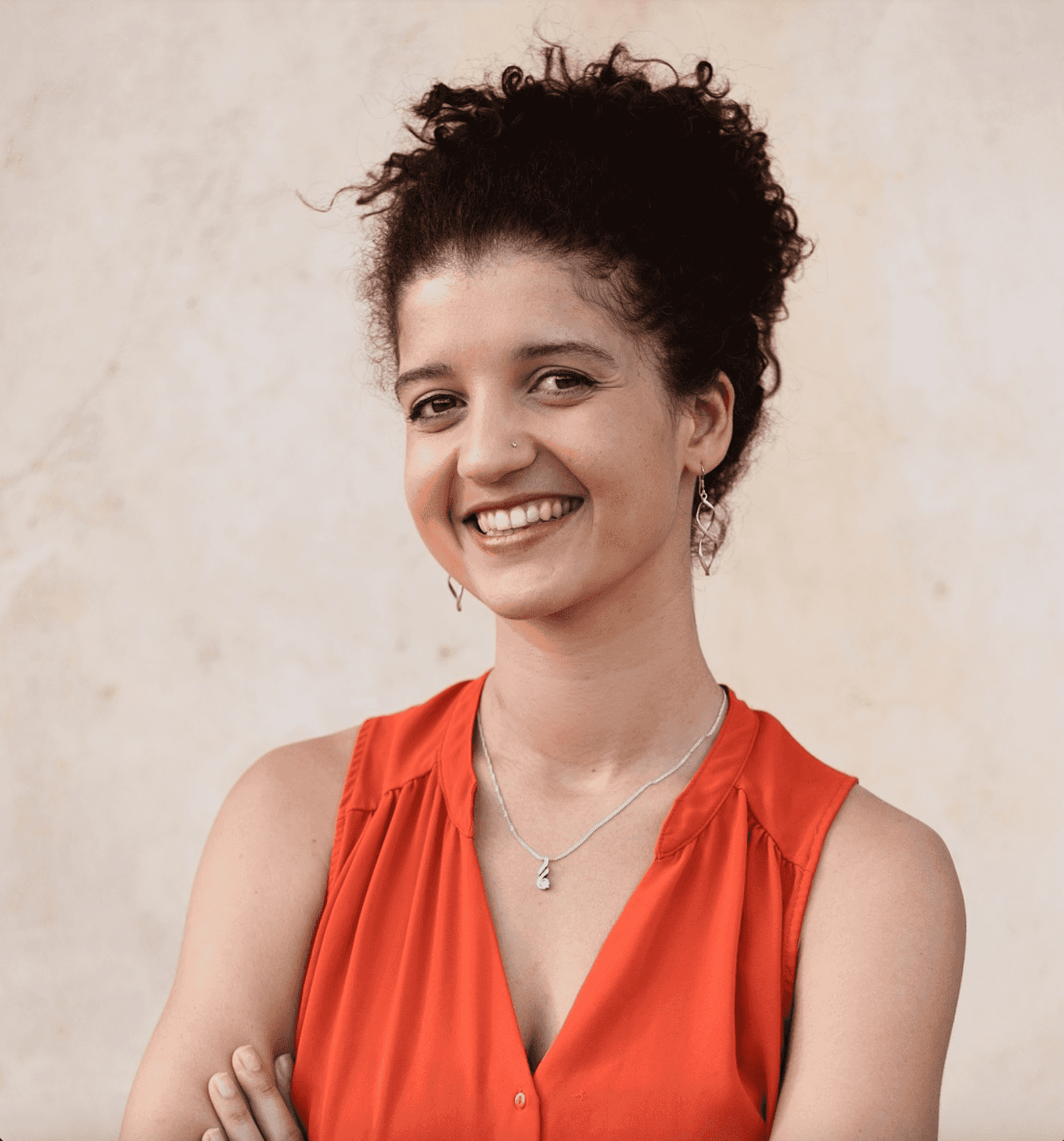
Jaia Bristow
Jaia Bristow is a multiethnic queer content creator and group facilitator, who has been working in events and media production since 2010, and hosting groups around social identity since 2016. She is the creator of Beyond Boxes with Jaia Bristow, a podcast and youtube channel exploring labels and identity. Jaia runs in-person and online workshops on power, privilege and prejudice, and works as a diversity and inclusivity consultant. She has been practicing meditation since childhood, been a student of the Diamond Approach spiritual path since 2016 and training in nonviolent communication (NVC) since 2018.





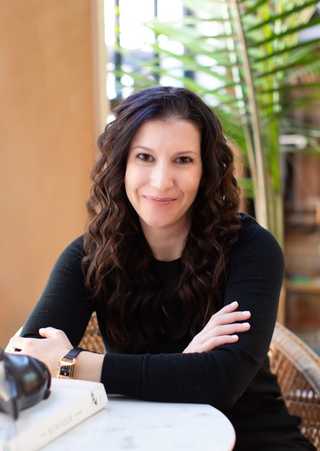
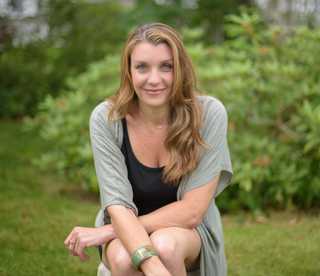
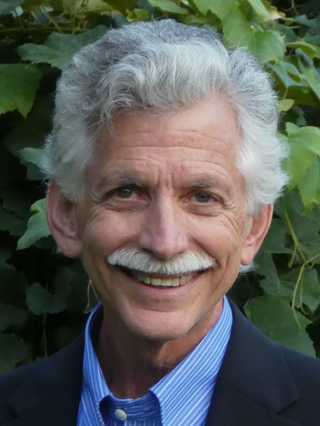
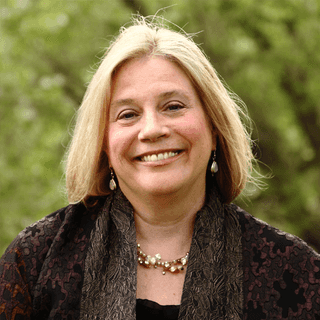


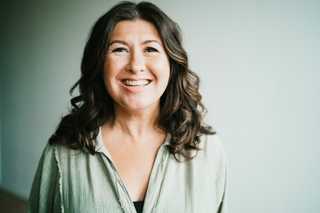
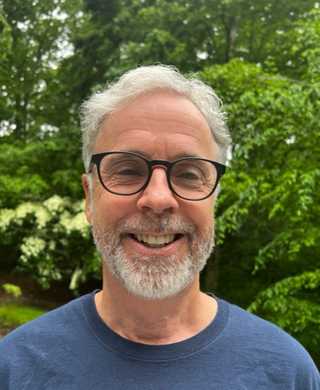


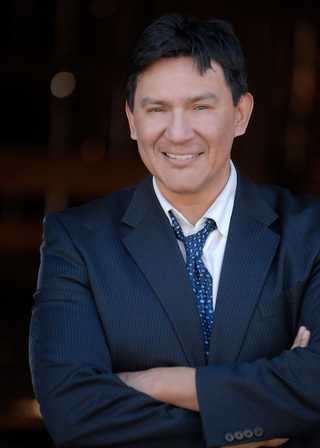

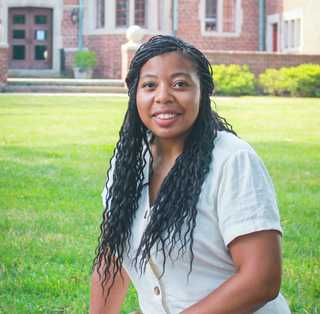
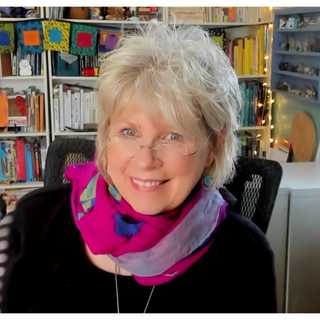
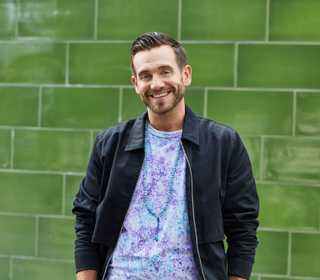
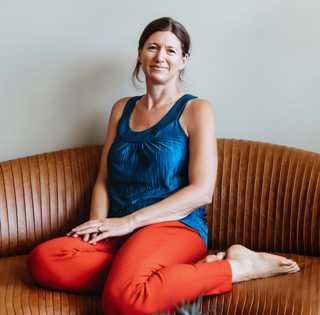
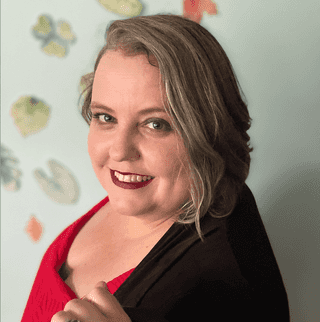
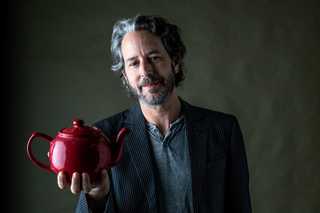
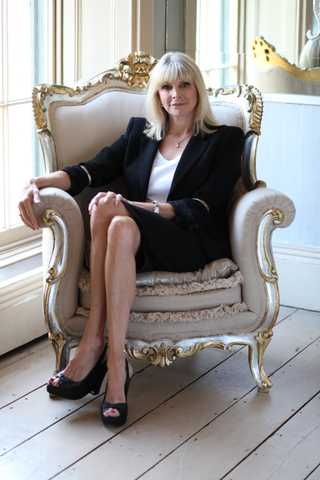
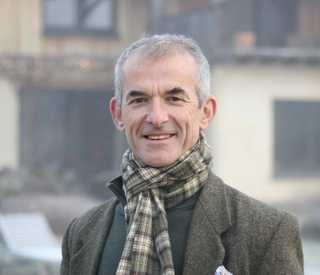
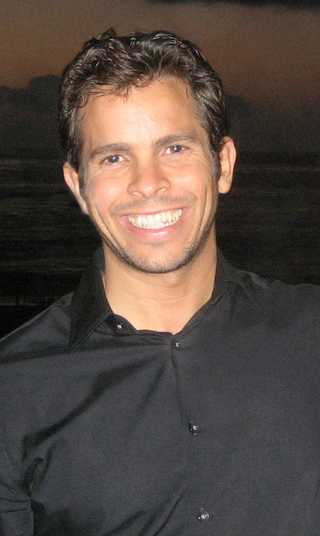
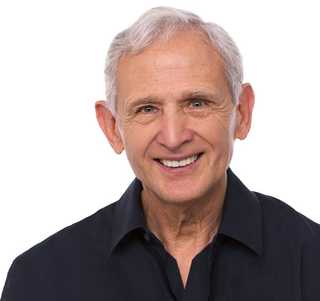
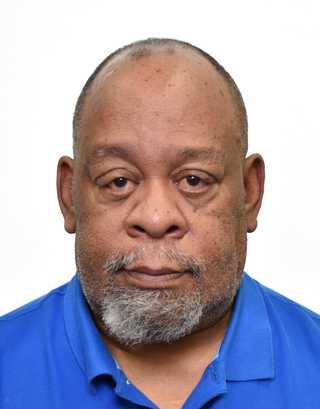
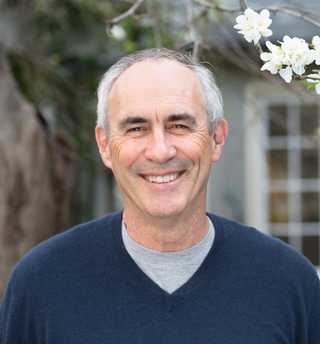
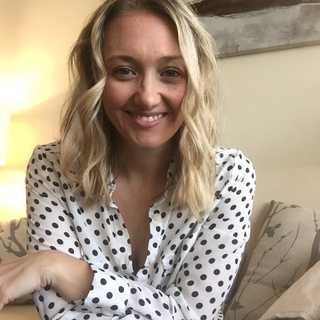

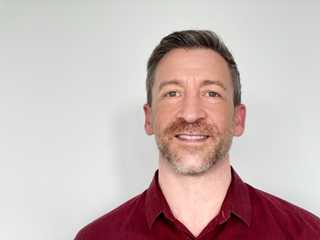

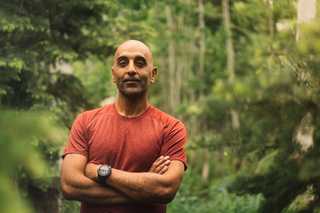
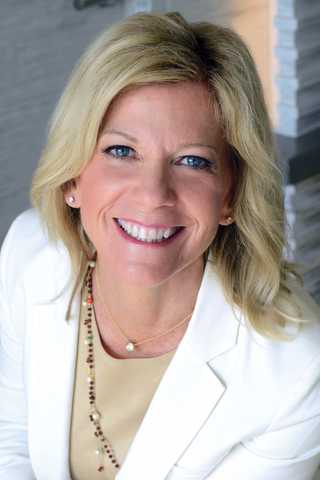
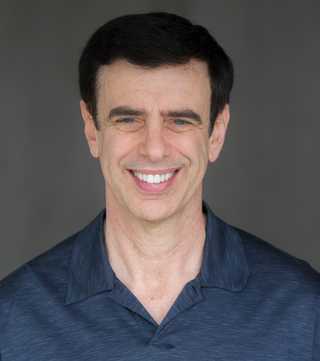
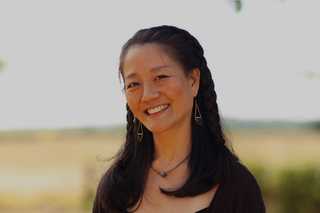
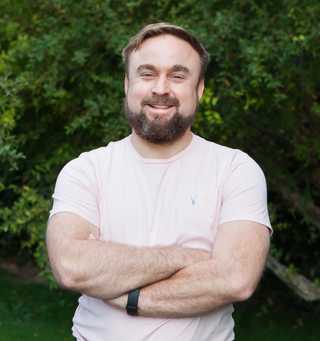
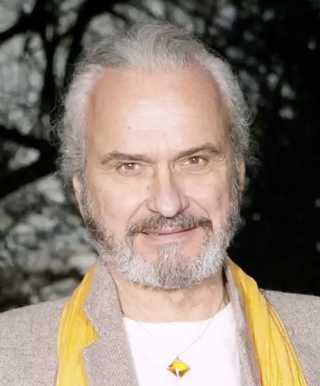
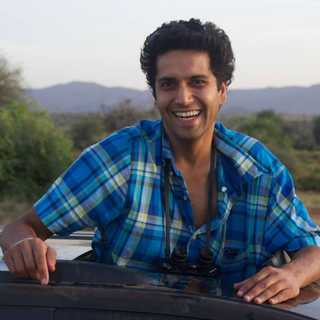

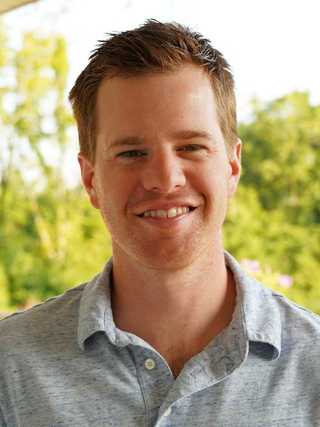

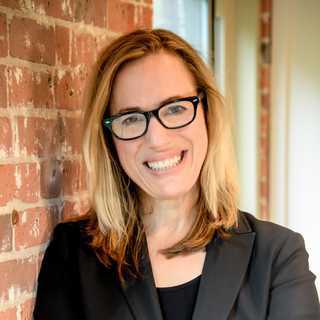

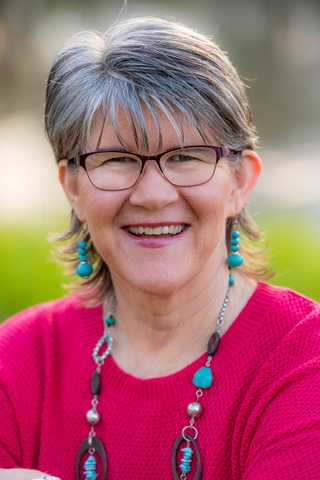
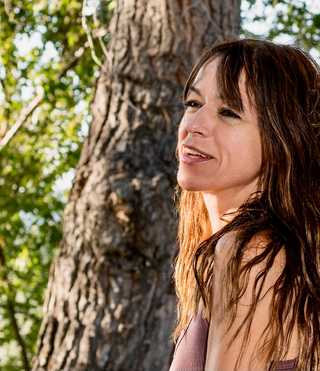
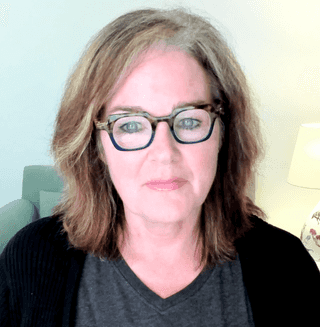
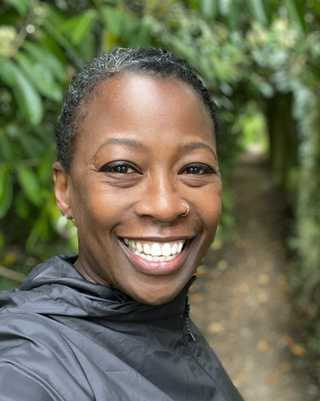
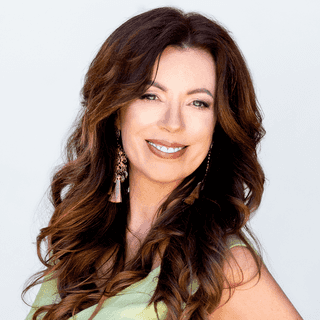
..png)
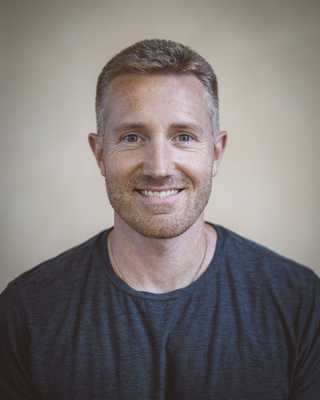
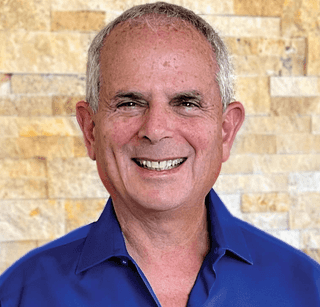
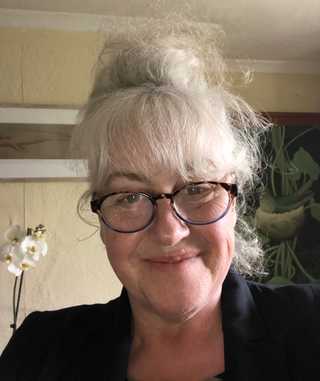

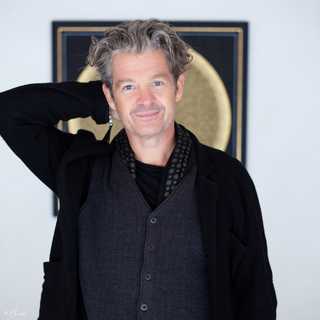
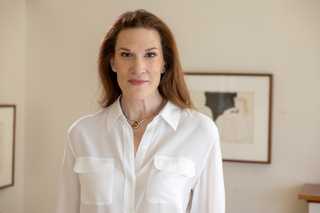
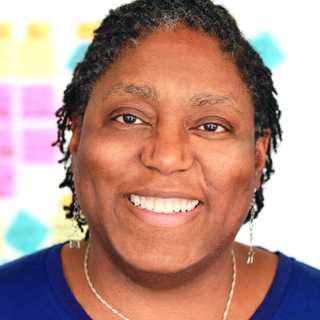
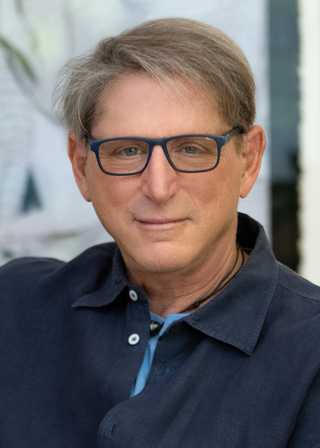
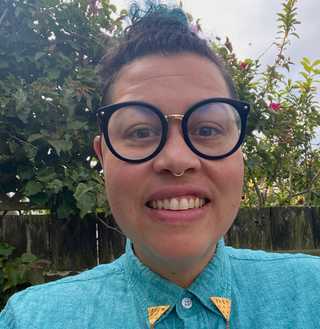


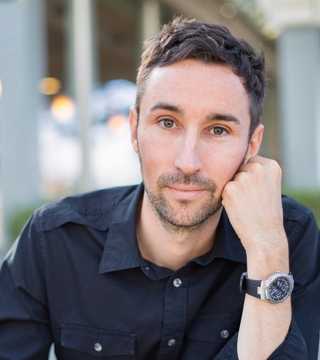

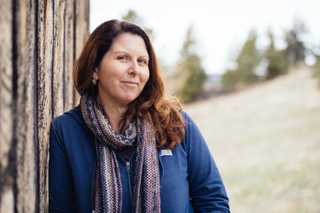
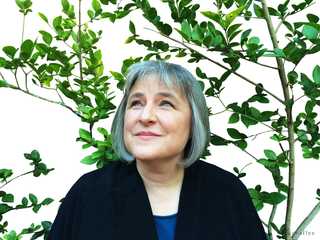

..jpg)

